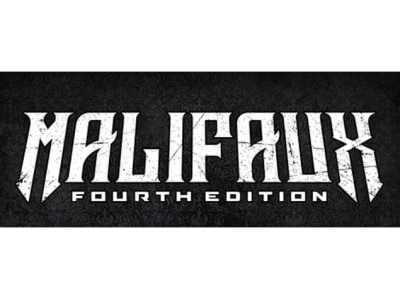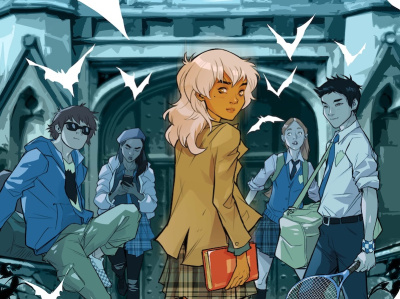In response to published reports that Marvel was close to severing ties with the Comics Code (see below), we contacted the association that manages the code -- the Comic Magazine Association of America (CMAA) to investigate. In an interview with ICv2, a spokesperson for the CMAA was very surprised to hear about Marvel's talk of pulling out of the association, especially since all the publishers had agreed to a meeting on Thursday, May 11th, to revise the Comics Code and the Editorial Guidelines once again. The CMAA representative scoffed at Marvel's plan to create their own ratings, 'What if Universal or Warner Brothers decided to use their own rating system instead of the industry standard, do you think that would fly?' And she bristled at the example that Marvel made of the use of the word 'sucked' -- 'that was the least of their problems' and she rattled off a number of vulgarisms the code authority found objectionable including a colorful Yiddish term for 'penis.'
The Comics Code is a form of industry self-regulation that was set up in response to Congressional hearings in 1954. The code is enforced by the CMAA, which includes only four members--Archie, Dark Horse, DC, and Marvel. The publishers can change the code at any time and they can hire and fire the Code Administrator. They revised the Code in 1971 and again in 1989, when at the insistence of DC Comics, it was split into two parts. The first is a public declaration of principles, and the second, a working document, a compendium of Editorial Guidelines which has been kept secret and which gets down to the nitty-gritty of what is allowable and what is not.
According to an article by Mike Sangiacomo that appeared last Thursday in the Cleveland Plain Dealer and on the Fandom newsarama website, 'Marvel Comics is close to severing ties with the Comics Code.' Sangiacomo quoted Marvel President Bill Jemas as saying, 'Internally, we have determined that if the code ever served a valuable purpose at all, those days are gone. At this point, the code does not help us. We still want to talk with a few more people before making this decision (severing ties).' Marvel is reportedly considering introducing its own three-tiered rating system of comics suitable for kids, teens, or adults. On Friday Marvel appeared to be backing away from its anti-code stance, at least a little bit as Editor-in-Chief Joe Quesada issued a retraction for a statement he made about Marvel being fined for code violations (the Comics Code Authority does not fine its members for violations).
Since not all code-worthy comics in specialty stores carry the seal anyway (Dark Horse, for example, removes the code on its direct editions), what difference does it make if Marvel pulls out of the code? First of all it would limit the newsstand distribution of Marvel comics. Perhaps Marvel could convince large chain retailers to accept its 'Marvel' rating system, but if not, the publisher would lose a good portion of its newsstand distribution. Marvel may be ready to write off the newsstand business, given the state of that channel (see 'Newsstand Sales Falling Across the Board,' and 'Marvel Direct Sales over 90% of Single Copy Sales'), so it's not entirely clear that matters either to Marvel's bottom line or to industry recruitment. Second, a far greater danger is the scrutiny Marvel could bring to the comics industry at a time when the marketing of material that is highly violent or sexually charged to teenagers is becoming a political issue (see 'Leiberman Bill Regulates Marketing'). And third, if Marvel chooses its own labeling system, it could add to the already confusing variation in labeling used by various publishers.







